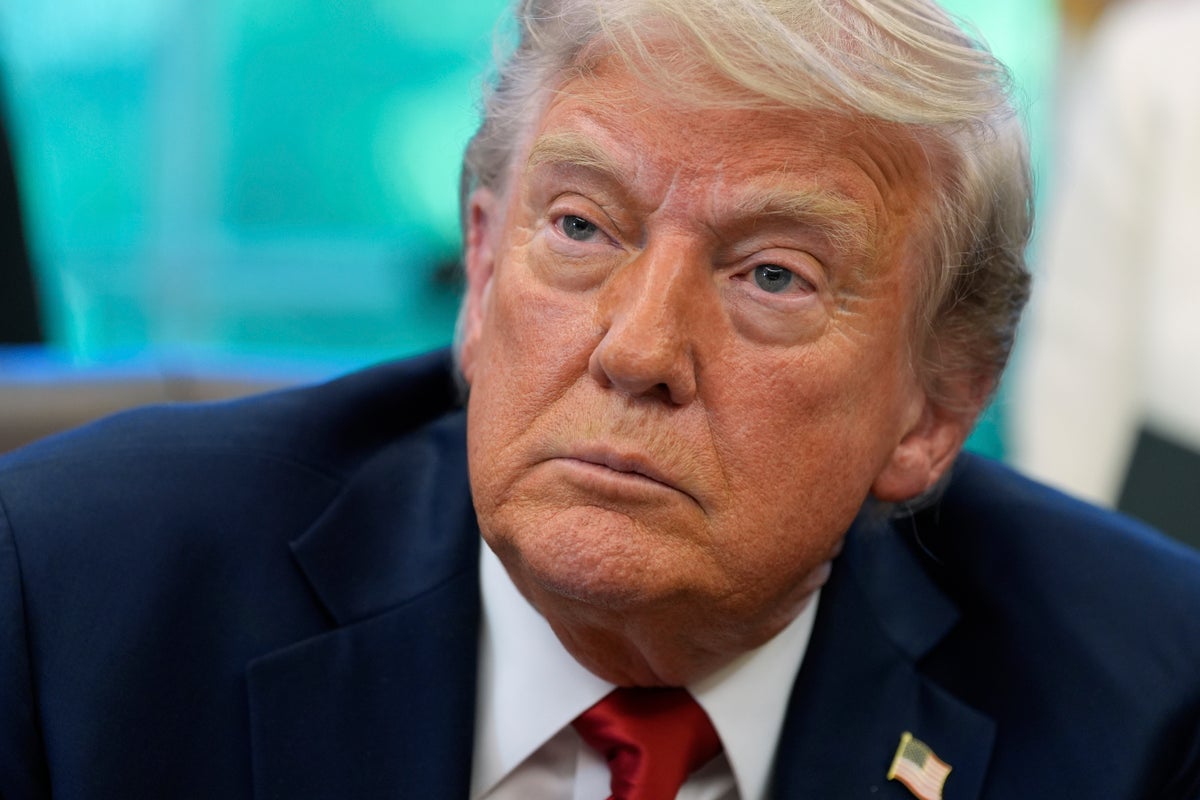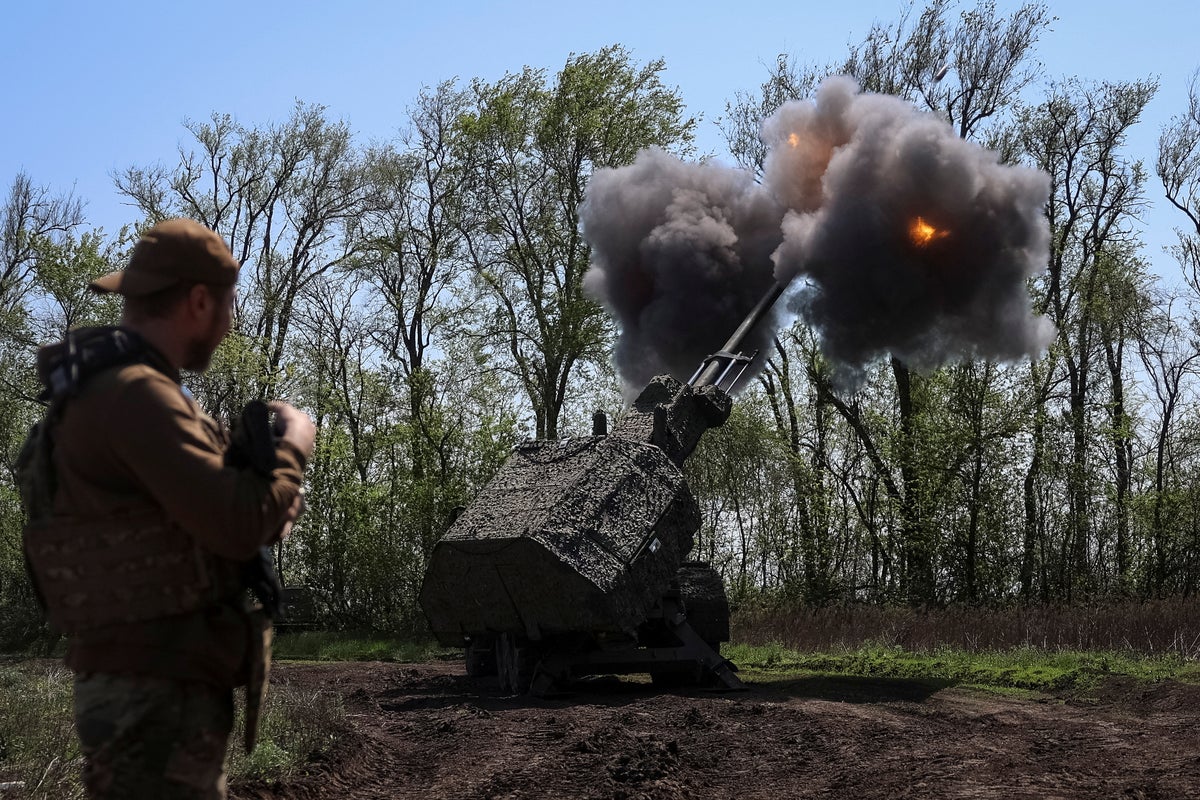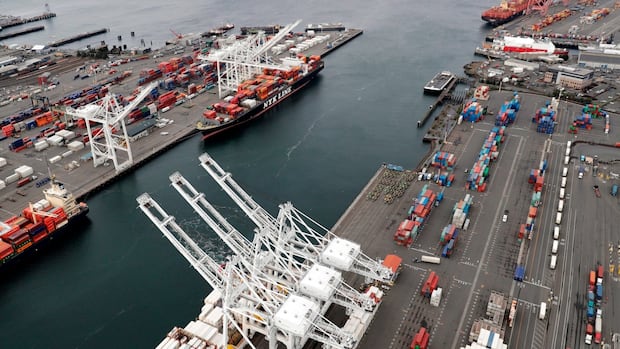Funding by VC investors in tech-based companies has declined by about 79% between 2022 and 2024, from around $10.1 billion to approximately $2.2 billion, according to data intelligence platform Tracxn.
Koumaru | Istock | Getty Images
Venture capitalists typically have a strong appetite for risk, but some investors in Southeast Asia are becoming increasingly cautious.
"I think there's a huge flight to safety," Aaron Tan, co-founder and CEO of used car marketplace Carro, told CNBC.
He added that some VC investors in the region are now opting for "safe bets" that demonstrate profitability, rather than the typical high-growth tech startups.
"I see a lot of investments these days — which worries me a little bit — [into] what I [think] are not venture-backable companies, because ... they are really offline in nature," he said.
Venture capital or private equity?
This shift has become more apparent over the last two years, as some venture capital investors have moved their focus from riskier early-stage startups to later-stage companies that are more established, according to insiders.
Right now, the venture funds are becoming PE funds.
Aaron Tan
Co-founder and CEO, Carro
"Right now, the venture funds are becoming PE funds," said Carro's Tan. Rather than aiming for 100x returns, which is traditional for venture capital firms, some VC investors have been going for 3x or 4x returns, which is more typical in private equity, he added.
"You're seeing a lot more investments by traditional VC funds into what I call brick-and-mortar businesses," Jeremy Tan, co-founder and partner at Tin Men Capital, told CNBC.
"At best, they are tech-enabled businesses, right? By that, I mean you have an app, you have a loyalty interface, but beyond that, [you're] still setting up, essentially, physical stores ... And can they deliver the same return profile? I think it's a question mark," added Tin Men Capital's Tan.
From logistics companies, restaurant chains, convenience stores and even farms, some VC investors have been allocating more of their capital to traditional sectors and businesses, but without the war chest or type of operational involvement typical of private equity firms.
In Southeast Asia, venture capital investments have nosedived since 2022. Funding by VC investors in tech-based companies has declined by about 79% between 2022 and 2024, from around $10.1 billion to approximately $2.2 billion, according to data intelligence platform Tracxn.
Meanwhile, funding by VC investors into offline, non-tech sector-based businesses also fell — albeit less — by 61% in the same period, from about $1.3 billion to about $527.7 million, according to Tracxn.
Southeast Asia's startup struggles
This all comes on the backdrop of an ecosystem that has been going through the wringer.
Industry insiders say that many startups in the region remain unprofitable. At the same time, many funds in Southeast Asia have raised too much money and haven't delivered proper returns to their investors, also known as limited partners.
"A lot of the VCs have raised too much money, right? So you run out of places to deploy, and I think they are just trying to figure out how to make a return for their investor, for the LPs," said Tin Men Capital's Tan.
On top of that, "the macro economy is very weak, be it in Indonesia, be it in Thailand, be it even in Singapore... [and] there is a clear lack of exits in this part of the world," said Carro's Tan.
Exits — which offer investors a way to withdraw their money and profit from their investments — have been scarce in the region. Notably, many of the Southeast Asian companies that listed have only provided "lackluster" exits for investors at best, said Carro's Tan.
"There really just aren't that many good [tech] deals to be done in this part of the world," said Carro's Tan. Many startups remain overvalued, and a valuation correction has yet to occur, he added.

"[Many] funds here have pinned their hopes on an IPO," said Tin Men Capital's Tan. However, recent market turbulence has led many startups to delay their public listings.
Startups serving Southeast Asia also face unique challenges as the economy is an aggregation of different countries with different languages, cultures, regulatory environments and more. "So, the probability of building large companies [in the region] is much lower than the U.S.," Tin Men Capital's Tan noted.
"So, as a result, investors are asking: 'Where's the money?' ... Which, at the end of the day — the issue we have on hand is that LPs (limited partners) are not interested in investing right now," said Carro's Tan.
The path forward
Meanwhile, some investors say that businesses operating both offline and online, or atoms and bits respectively, are best positioned to compete.
"We believe that companies in Southeast Asia that have real moats (sustainable competitive advantages) are atoms," said Yinglan Tan, founding managing partner at Insignia Ventures Partners.
"If you are a pure bits business, I think there is not that much moat against the major software companies like Microsoft and Facebook, but if you have ... logistics, local licenses, you have local offline moats, you're generally more resilient to external competition," said Insignia's Tan.
In other words, businesses that have both online and offline assets may be more resilient compared to companies that are only reliant on one.
One way to do this is to find what may be "seen as a traditional business, but [injecting] AI into it, to make it more efficient, increase margins, optimize revenue, open up new products, and have an online, offline experience," said Insignia's Tan.
"I argue that the era of just finding and passively investing, is gone. You need to co-create."

.png) 5 hours ago
8
5 hours ago
8






